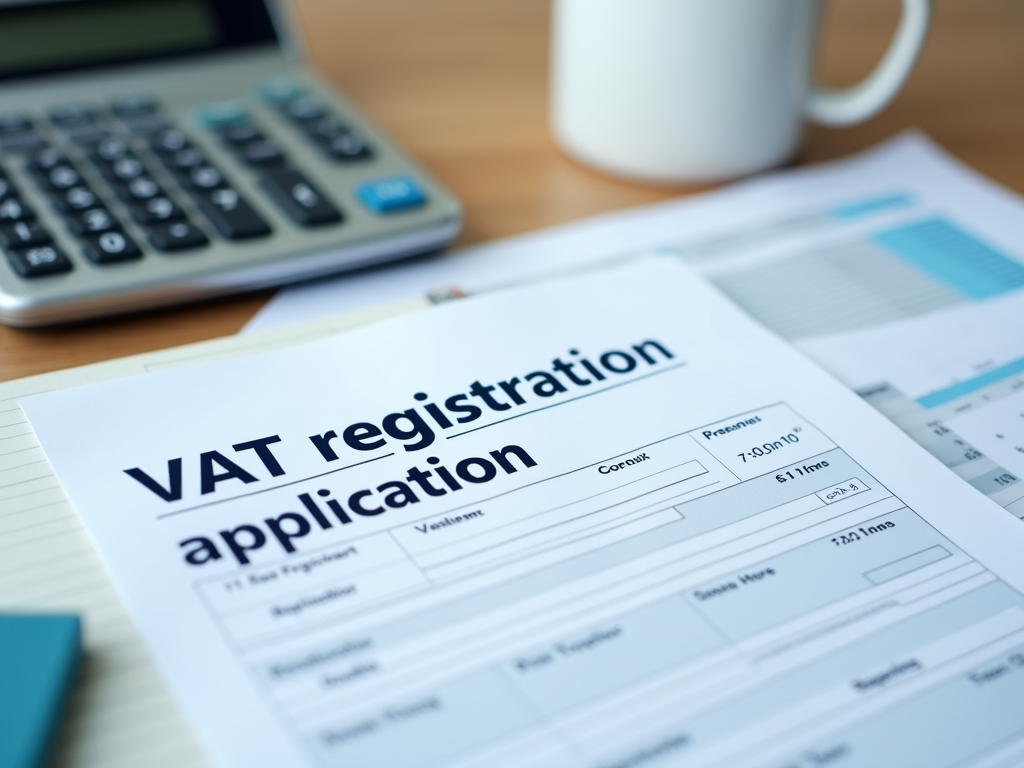Value Added Tax (VAT) was introduced in the United Arab Emirates (UAE) on January 1, 2018, as part of the government’s initiative to diversify its economy. Understanding the eligibility criteria for VAT registration is crucial for businesses to comply with local regulations and avoid potential penalties. In this article, we will explore the key factors that determine whether your business must register for VAT in the UAE, along with the steps involved in the registration process and implications of non-compliance.
Understanding VAT Registration in the UAE

VAT registration is mandatory for certain businesses in the UAE, primarily those engaged in taxable activities. The UAE Federal Tax Authority (FTA) oversees the VAT framework, which requires businesses exceeding a specific revenue threshold to register. If a business’s taxable supplies or turnover surpass the stipulated limit, it is obligated to register for VAT. Furthermore, businesses are also encouraged to register voluntarily if they fall below the threshold but engage in significant taxable activities. This allows them to reclaim VAT paid on their inputs, which can improve their cash flow situation.
Key Eligibility Criteria for VAT Registration

The key eligibility criteria for VAT registration include:
- Annual Turnover: Businesses with an annual taxable turnover exceeding AED 375,000 must register.
- Voluntary Registration: Companies with taxable supplies between AED 187,500 and AED 375,000 may opt for voluntary registration.
- Imports and Exports: Entities engaged in import or export activities must register regardless of their turnover.
- Taxable Supplies: If a business makes taxable supplies, registration is necessary even if its income does not meet the threshold.
- Group Registration: Related entities can register as a single group if they meet certain conditions.
The VAT registration process in the UAE involves several steps that businesses must follow meticulously. Below is a step-by-step guide:
- Prepare Required Documents: Gather necessary documents, such as trade license, Emirates ID, and financial records.
- Online Application: Visit the FTA’s official portal and submit the online registration form.
- Review and Submission: Confirm all the provided information is accurate, then submit the application.
- Await Confirmation: The FTA will review your application and communicate any additional requirements or rejection.
- Receive VAT Registration Number: After approval, you will receive a unique VAT registration number, which you must use for all tax-related purposes.
Implications of Not Registering for VAT
Non-compliance with the VAT registration requirements can result in significant penalties and repercussions. Failure to register can lead to the following consequences:
- Fines: The FTA imposes fines ranging from AED 20,000 for failing to register to additional penalties for late registration.
- Reputation Damage: Non-compliance can harm a company’s reputation and operational credibility in the market.
- Business Restrictions: The FTA can restrict business operations, including tax refunds and importing privileges.
- Back Taxes: Unregistered businesses may face back taxes on transactions made during the period of non-registration.
Conclusion
In conclusion, understanding the eligibility criteria for VAT registration in the UAE is essential for businesses to ensure compliance with tax laws and regulations. Companies must assess their taxable turnover and review their activities to determine if they need to register. Engaging with a tax professional is advisable for those uncertain about their obligations. By adhering to VAT regulations, businesses not only avoid penalties but also contribute to the UAE’s economic growth and development.
Frequently Asked Questions
1. What is the VAT registration threshold in the UAE?
The mandatory registration threshold for VAT in the UAE is AED 375,000 in annual taxable turnover.
2. Can a business voluntarily register for VAT if its turnover is below the threshold?
Yes, businesses with taxable supplies between AED 187,500 and AED 375,000 can opt for voluntary VAT registration.
3. What is the penalty for not registering for VAT?
The FTA can impose fines starting from AED 20,000 for failing to register for VAT.
4. How long does it take to process a VAT registration application?
The FTA generally processes VAT registration applications within 20 business days, depending on the completeness and accuracy of the submitted information.
5. What documents are required for VAT registration?
Key documents required include a trade license, Emirates ID of the owner, and financial statements detailing business activities and income.